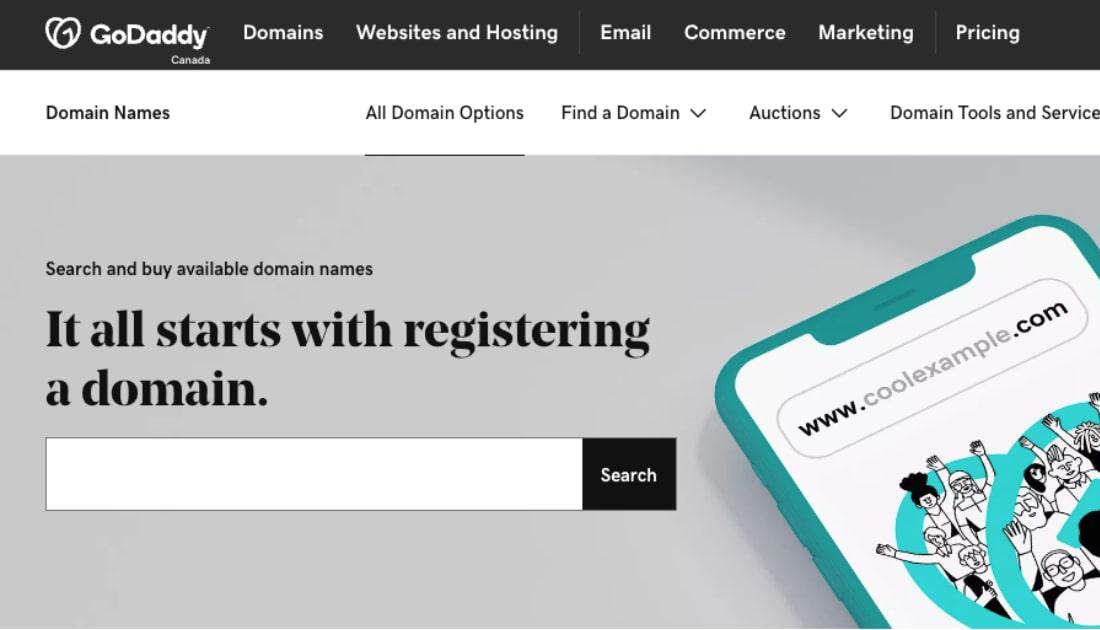Leave it to Canadians to revolutionize social entrepreneurship and develop business ideas that change the world for the better.
As the world faces a multitude of unique COVID-19 challenges, Canadians are getting extra creative with their careers.
Many not only want to change their own economic situations, but also help their communities. Individuals with this mindset challenge the status quo with social entrepreneurship.
The best part of it all is that Canada has the infrastructure to support these new ventures and make a difference in the world.
Related: Resources for Black-owned businesses in Canada
What is social entrepreneurship?
According to the Canadian Social Enterprise Fund, social entrepreneurship is any type of venture that aims to address societal issues with sustainable approaches.
Social entrepreneurs can tackle issues either locally or globally and often direct resources to benefit the marginalized and poor.
While non-social enterprises have been adding to their social responsibility portfolios, social enterprises don’t think of social responsibility as an afterthought. Typically, a social enterprise comes into fruition because of a social cause.
How is Canada leading the way?
In 2019, the Thomson Reuters Foundation released survey data showing Canada leading the pack in social entrepreneurship. Out of 45 countries, Canada took first place on the following criteria:
- Government support
- Attracting skilled workers
- Public understanding
- Making a living
- Gaining momentum and access to investment
These are challenges all entrepreneurs face when starting out. Having the support ready to go gives social entrepreneurs a better chance at making waves within their markets.

Many social entrepreneurs look to organizations such as: MaRS, the DMZ at Ryerson University, the Ontario Center of Excellence, Futurpreneur and others for support.
Incubators and entrepreneurial programs like these help social entrepreneurs:
- Access funding
- Attract investors
- Get support from mentors
- Conduct research and more
These are all important factors in launching any enterprise. Without them, it would be harder to launch and survive in competitive markets.
To social entrepreneurs, it's not just about seeing their businesses grow. It’s about being a change maker and helping society in ways that matter to them.
3 Canadian social entrepreneurs who are making change
Knowing what social entrepreneurship is, and knowing where to look for resources and infrastructure, helps Canadians feel more confident about jumping into social entrepreneurship.
But don’t take our word for it, here are three great examples of social entrepreneurs in action.
1. Jenn Harper, Founder of Cheekbone Beauty
Beauty lovers come in all body shapes, genders, ages and ethnic backgrounds. But somehow, the cosmetic market has always lacked Indigenous representation.
Jenn Harper founded Cheekbone Beauty to make a difference in helping Indigenous youth. She does this by addressing the educational funding gap and amplifying Indigenous representation within the beauty market.

Not only are Cheekbone Beauty’s cosmetics beautiful, they are sustainable and the profits go towards a variety of social causes -- such as the Navajo Water Project, One Tree Planted and many more.
Jenn Harper is an example of an incredible social entrepreneur who puts community, empowerment and sustainability at the forefront of her successful business.
Indigenous youth everywhere can look to her as inspiration for tackling the beauty market as a successful social entrepreneur.
2. Mohammed Asaduallah, CEO of Benji
Freelancers need to wear many hats to run their businesses, including that of an accountant. This includes everyone’s favourite chore: taxes.
Many freelancers don’t go into it knowing much about finances.
Mohammed and his team at Benji saw a gap in this area and came up with a solution to help empower other Canadian freelancers. They developed accounting software called Benji to help people:
- Save thousands of dollars through tax write-offs
- Track their business expenses
- Find tax savings
By breaking down one of the many barriers freelancers face, Benji empowers everyday people to chase their dreams, grow their businesses and thrive in today's gig economy.
Through his success, Mohammed also founded the non-profit, Women and Color, to help connect women and people of color with public speaking opportunities at tech-related events.
3. Gelaine Santiago, co-founder of Cambio and Co.
As eCommerce continues to grow, many entrepreneurs rely on materials and products from overseas without understanding the impact it has.
Fast fashion and low-cost goods often come with a high cost of worker exploitation overseas. And although a great deal on a new bag may seem like a score, it often supports industries that exploit workers where the laws aren’t as strict.

Gelaine and her husband met talented and unique artisans during a trip to the Philippines and it inspired them to create an ethical shop called Cambio and Co.
Their mission is to support artisans from the Philippines by offering access to a global market, while maintaining fair pricing for the goods they create.
Gelaine’s brand is a good example of social entrepreneurship, as it uses a socially conscious business model to help create a new standard in her industry.
Why not be a social entrepreneur?
Social entrepreneurs don’t pretend to know all the answers, but they certainly try their best to make the world a better place.
More and more Canadians are launching their own ventures — not just to earn a living but to feel good about the positive impacts they’re creating.
Society will always have challenges to tackle, so why not help make the world a better place by uplifting those in need?
The first step is to register a unique domain name with GoDaddy Canada to get your business website off the ground. From there, you can map out your online business goals and make a difference for future generations to come.








